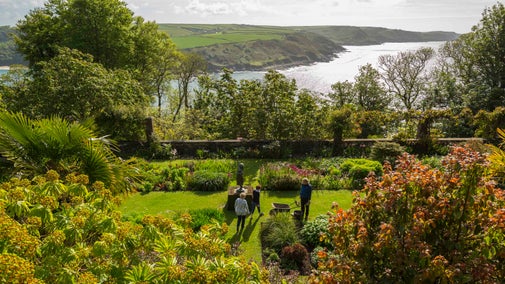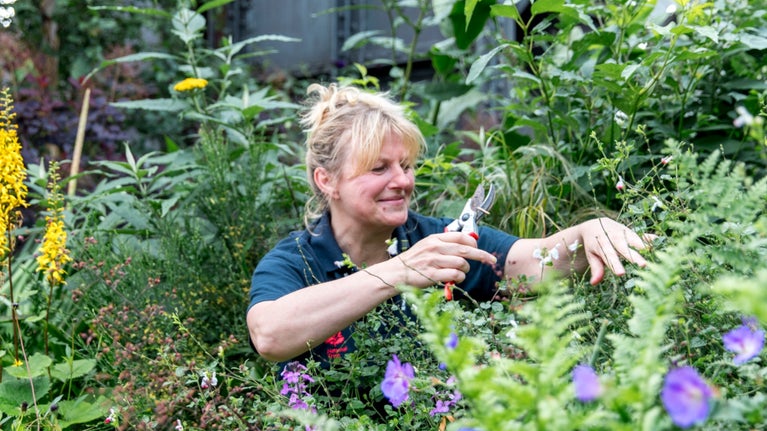
Get gardening
Our gardeners are on hand with ideas for your garden, plot or window box. From planting veg to tackling weeds, they’ve got all the important topics covered.
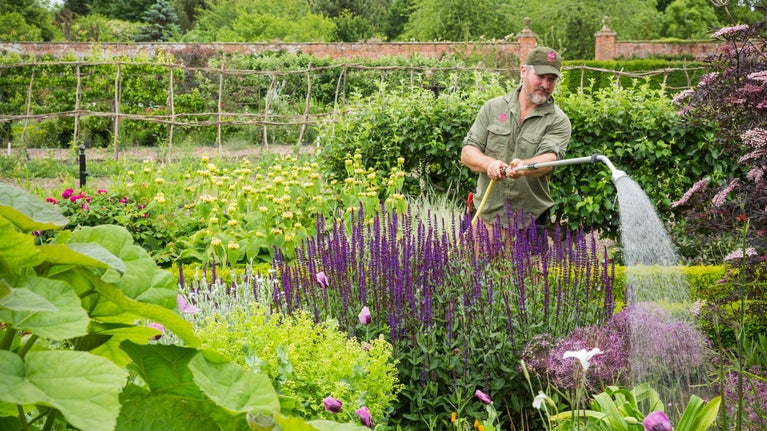
The experienced gardeners who keep our gardens looking great all year round share some simple tips for looking after your garden and lawn in the heat of summer.
What’s your soil like? Which way do your flower beds and vegetable patch face? Plant according to your findings. For instance, east-facing gardens tend to retain more moisture and are good for plants such as primulas, whereas succulents and silver-leafed plants such as lavender will thrive in west-facing gardens or any hot, arid border.
Hamish Bett from Scotney Castle in Kent, says: ‘Grass is very good at dealing with a lack of water; even if it turns brown it will be able to bounce back when the rains return later in the year. At Scotney we never water grass, even in a heatwave.’
‘For pots, it’s best to water first thing in the morning or last thing at night to avoid damaging plants,’ says Hamish from Scotney. ‘When the sun shines on water it can act like a magnifying glass, burning the leaves below.’
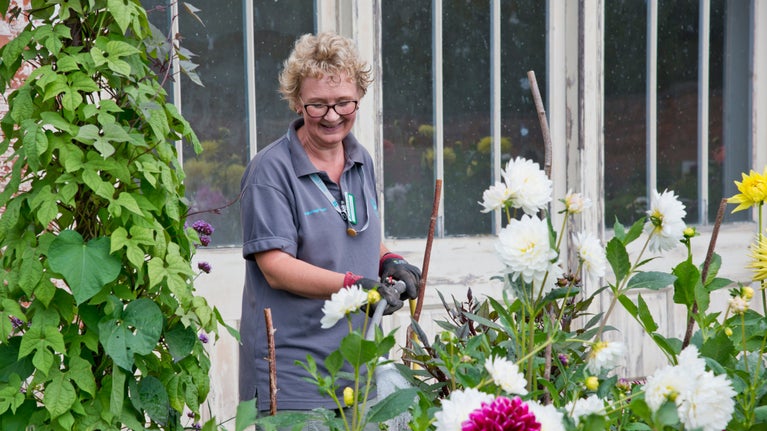
Surface-rooting plants such as lettuce and tomatoes will wilt quickly and require more watering, whereas deeper-rooting vegetables such as carrots, parsnips and potatoes may be more resilient.
Regular shallow watering encourages plant roots to stay at the surface. More infrequent but thorough watering teaches them to go deeper and become far more resilient to drought. When plants are young they’ll adapt more readily to the amount of water they receive, and get used to irregular watering.
This helps the moisture-holding capacity of the soil. ‘An organic mulch to a depth of 5cm on the surface of the soil when soil is moist in spring will help conserve water in summer,’ says Rebecca Bevan, garden researcher.
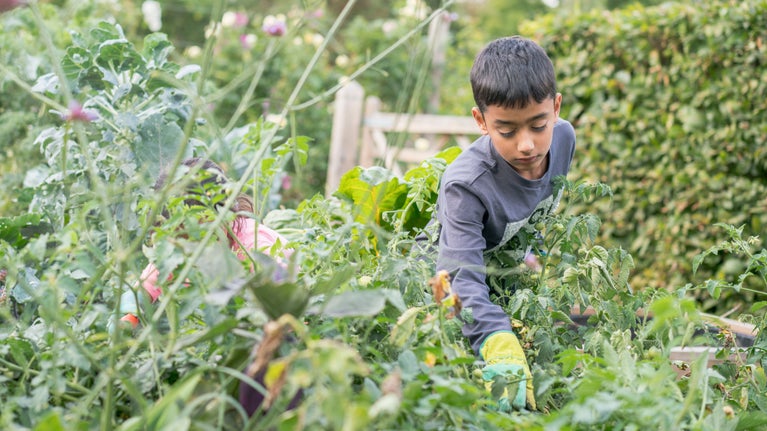
Avoid digging in hot, dry weather as it can destroy the structure of the soil, increase moisture loss and disturb plant roots.
Looking after your vegetable plot is important in hot weather too, especially if you’re hoping for delicious food to go in summer salads. Don’t leave large areas of your vegetable patch bare, but plant with green manures and companion plants.

Our gardeners are on hand with ideas for your garden, plot or window box. From planting veg to tackling weeds, they’ve got all the important topics covered.
Find out how to get more out of your blooms this summer as our gardeners share their tips on how to garden during the warmest season.

Looking for new ways to help your local wildlife? Here are some of our top tips on how to make your garden a haven for animals, birds and insects.
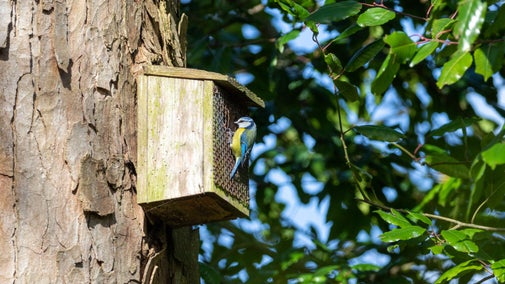
We care for hundreds of historic gardens, encompassing more than 500 years of history and a range of garden styles and fashions. Learn about the most famous and significant gardens you can visit.

Take in the sea air at the best coastal gardens we care for and discover the unusual plants and landscaping styles that are typical of these special climates.
